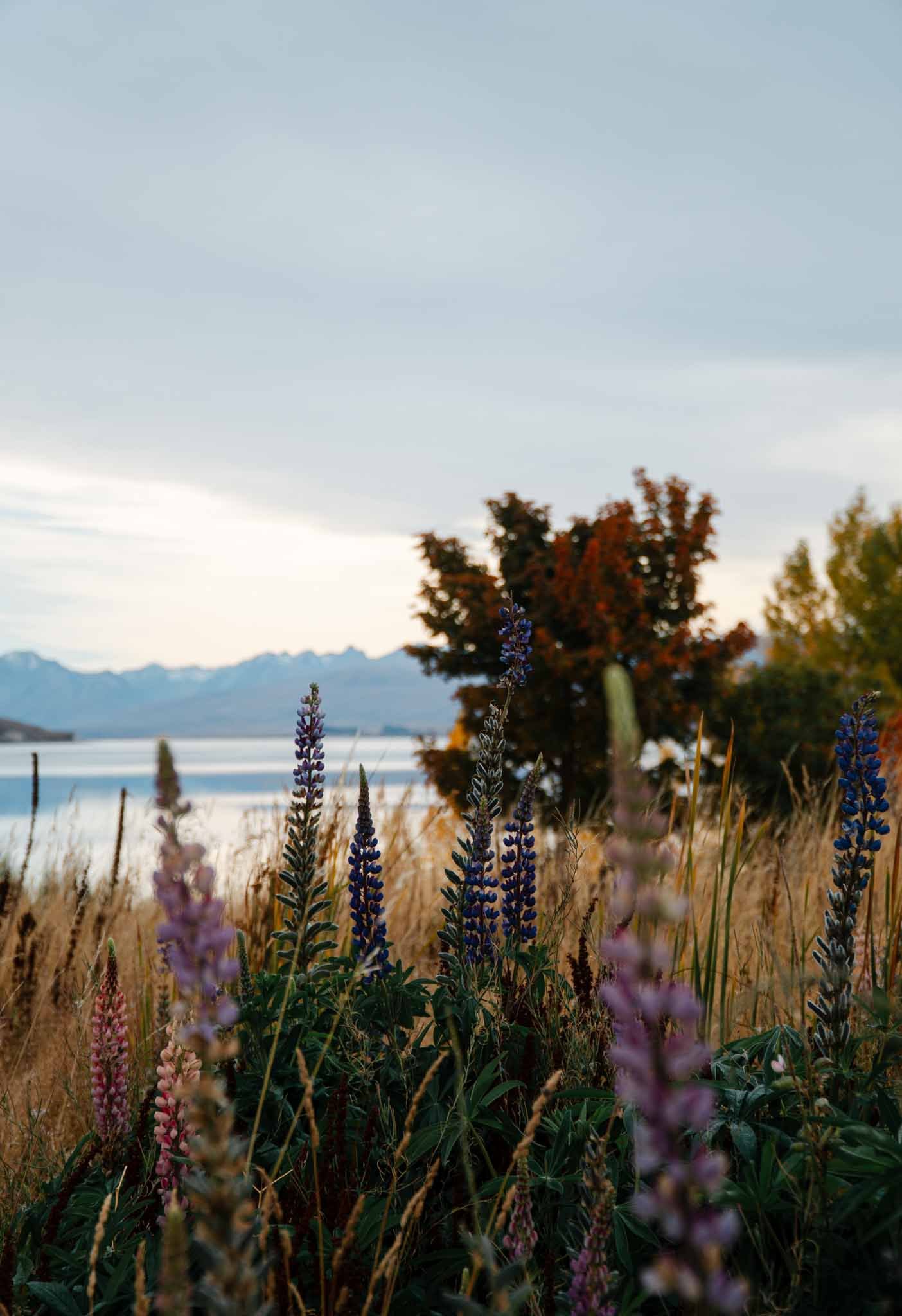NEW ZEALAND TRAVEL BLOG
Plan your trip to New Zealand, with help from a local
I’m a travel writer and guide book writer, and now a New Zealand travel blogger as well.
This New Zealand travel blog is a collection of my travel tips and advice gathered after years travelling around New Zealand. I want to share my best resources and recommendations, to help you plan your trip around our beautiful country.
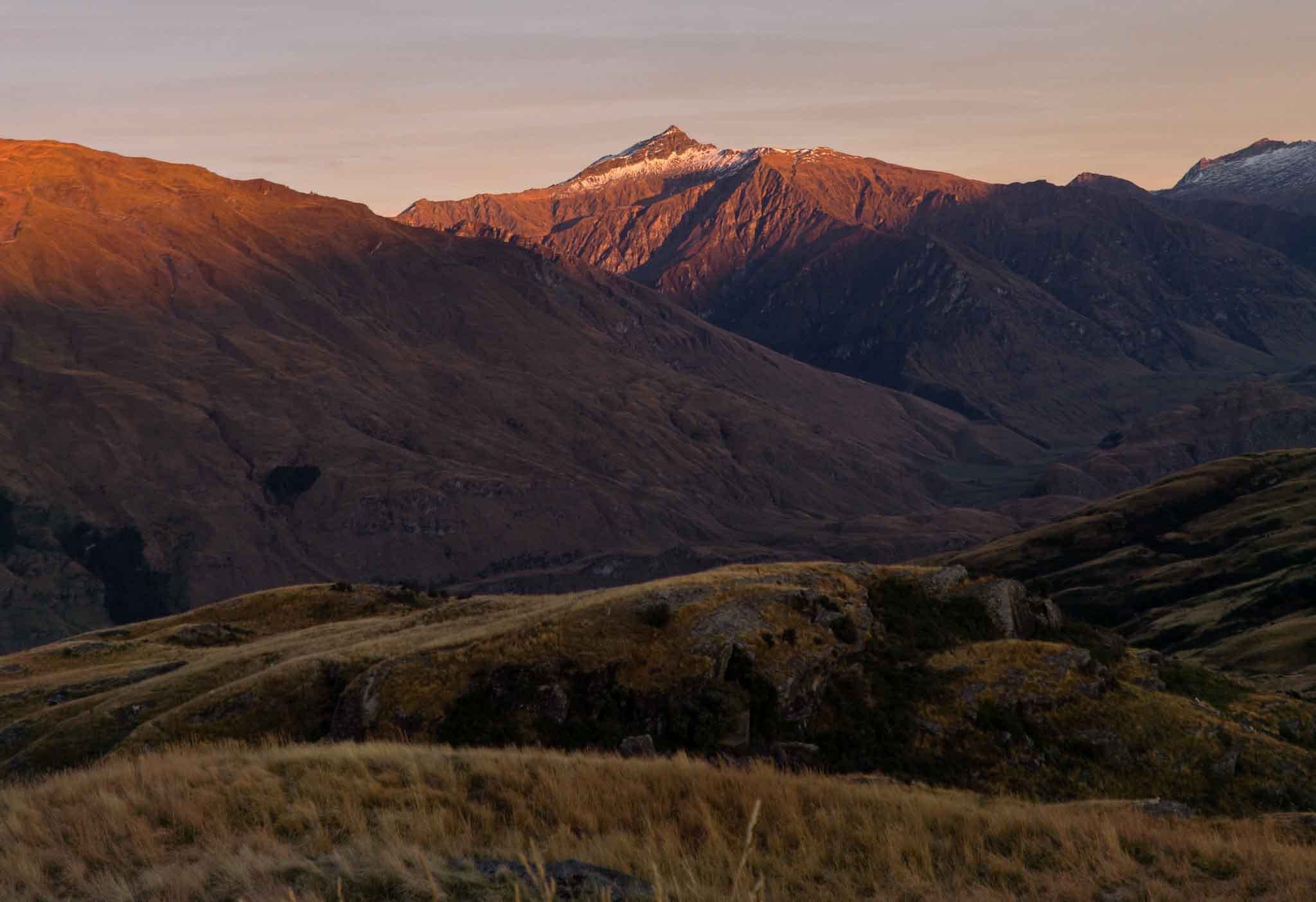
A spectacular 1 week South Island road trip itinerary

What to do in Te Anau, gateway to the wilds of Fiordland
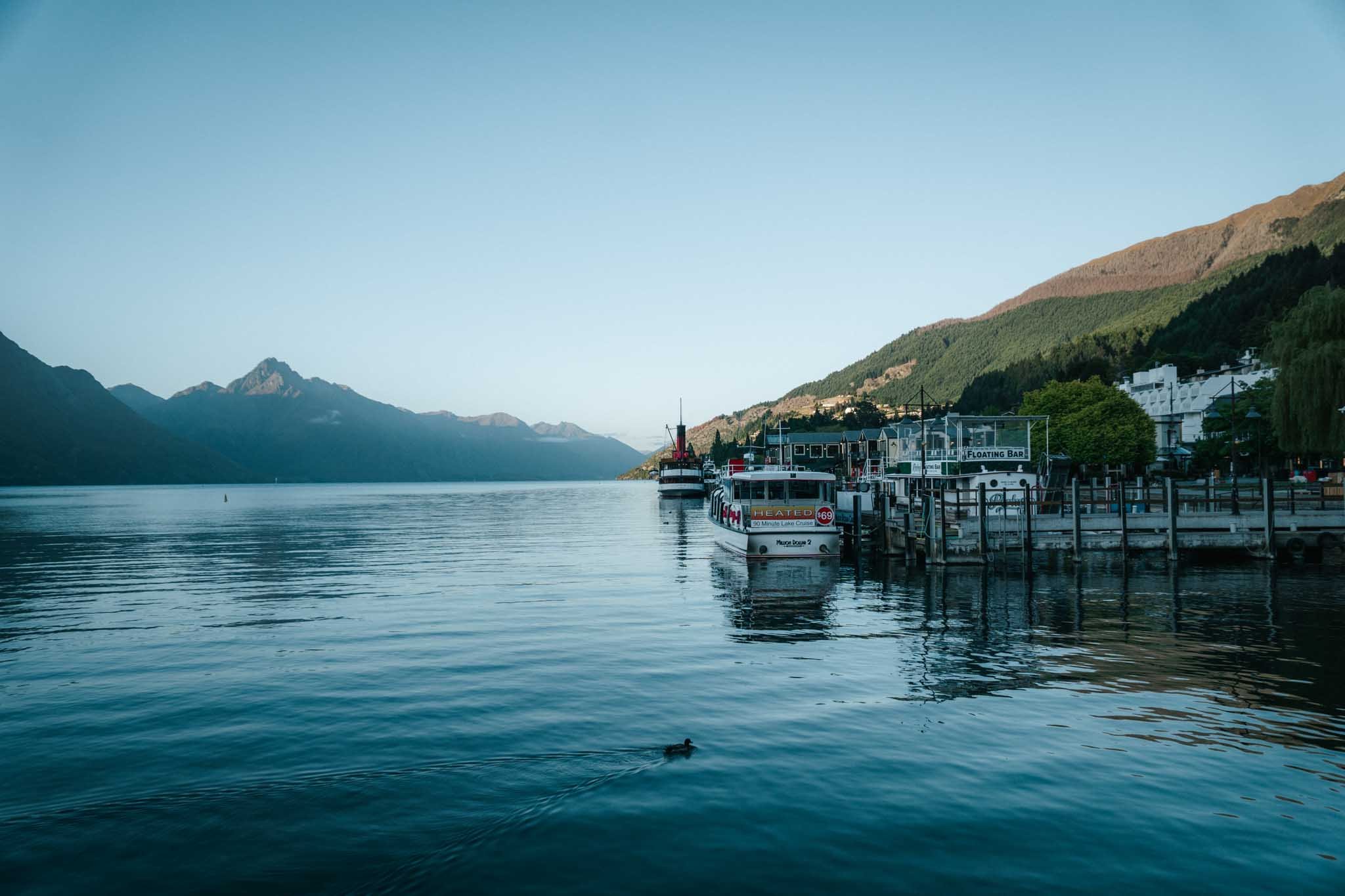
What to do in Queenstown: A guide for lovers of the outdoors

What to do in Raglan, New Zealand’s hippie surf town
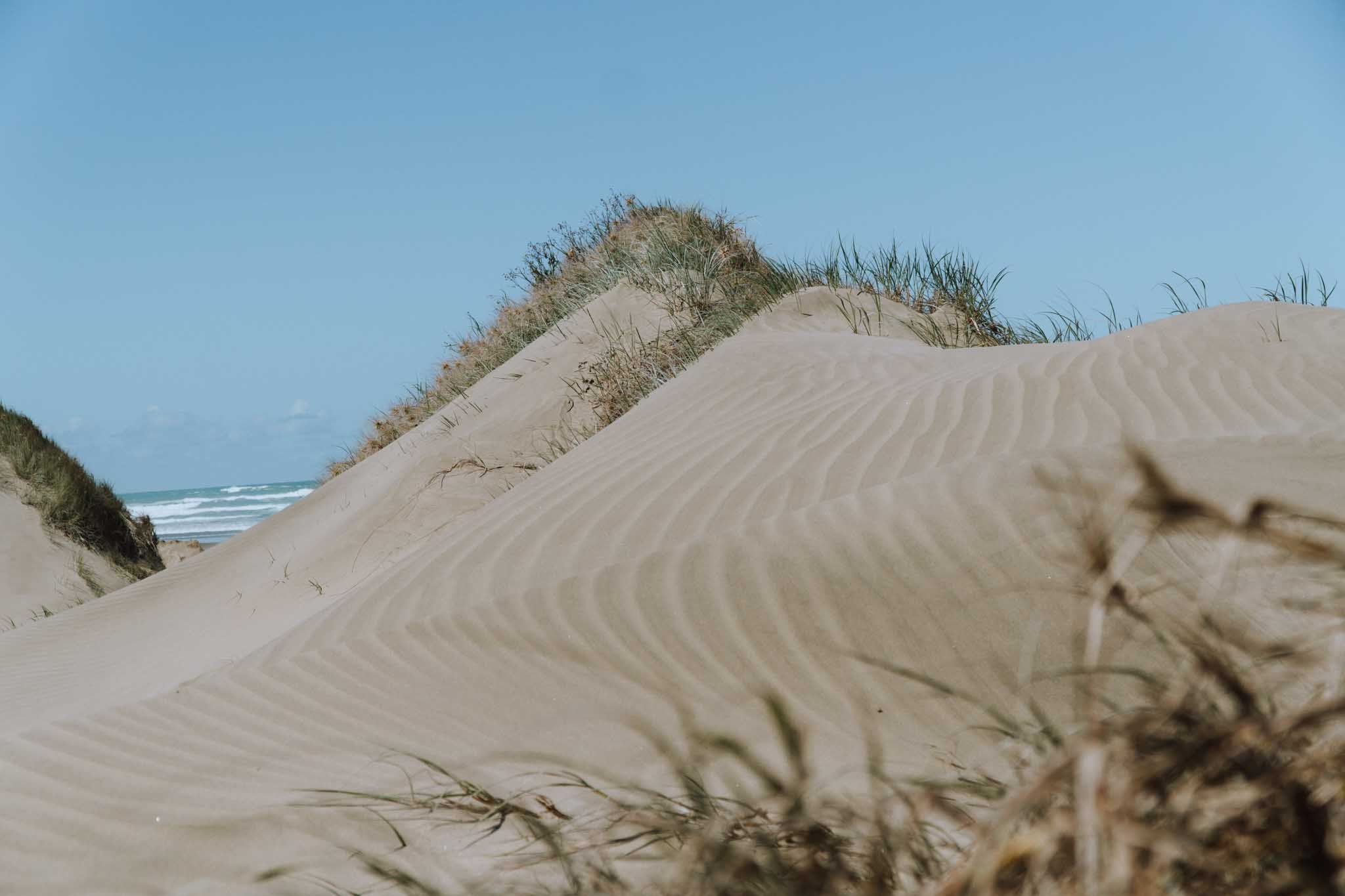
These unforgettable things to do in the North Island, New Zealand, will make you want to visit
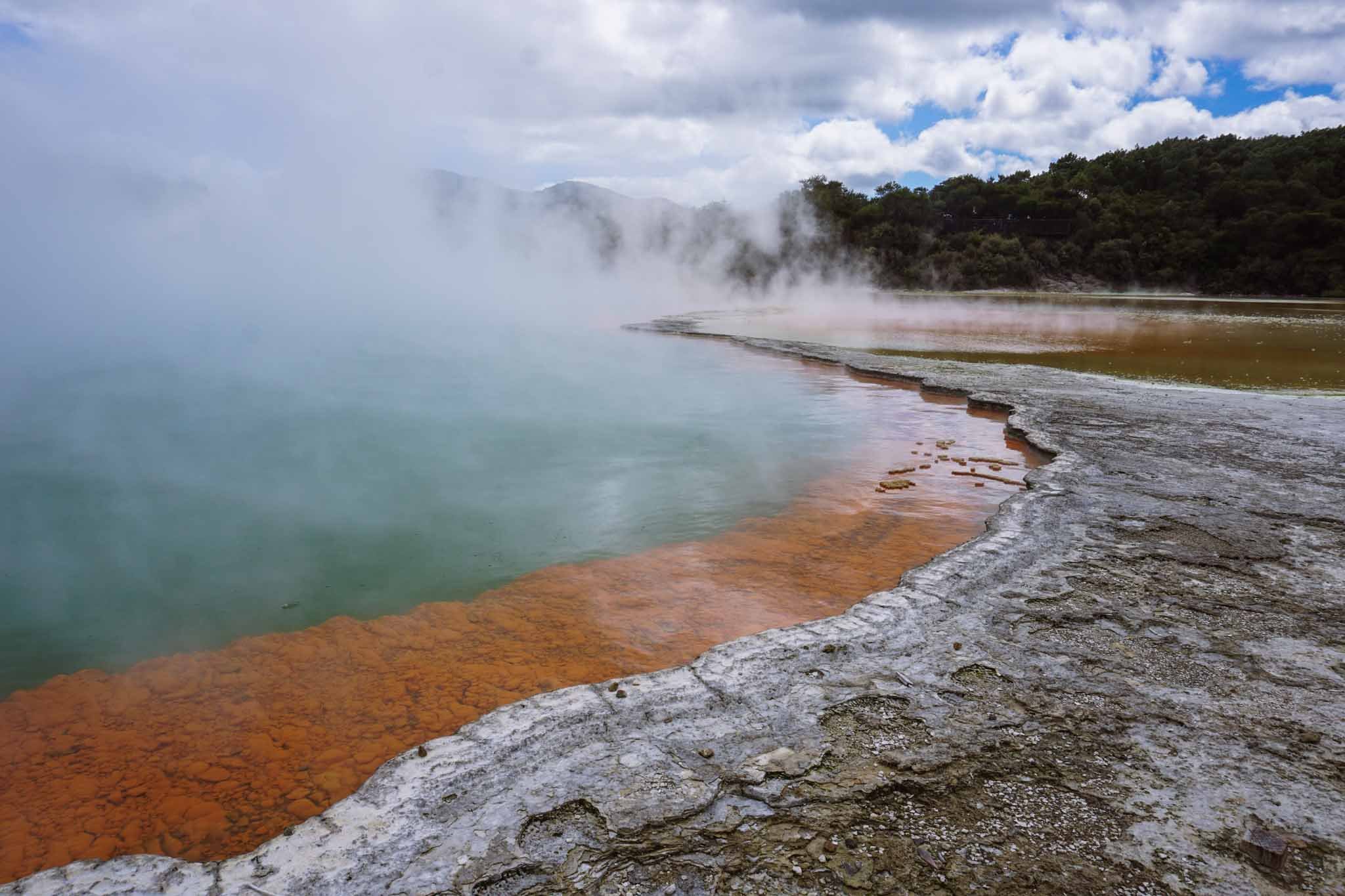
What to do in Rotorua: A guide for adventurous travellers
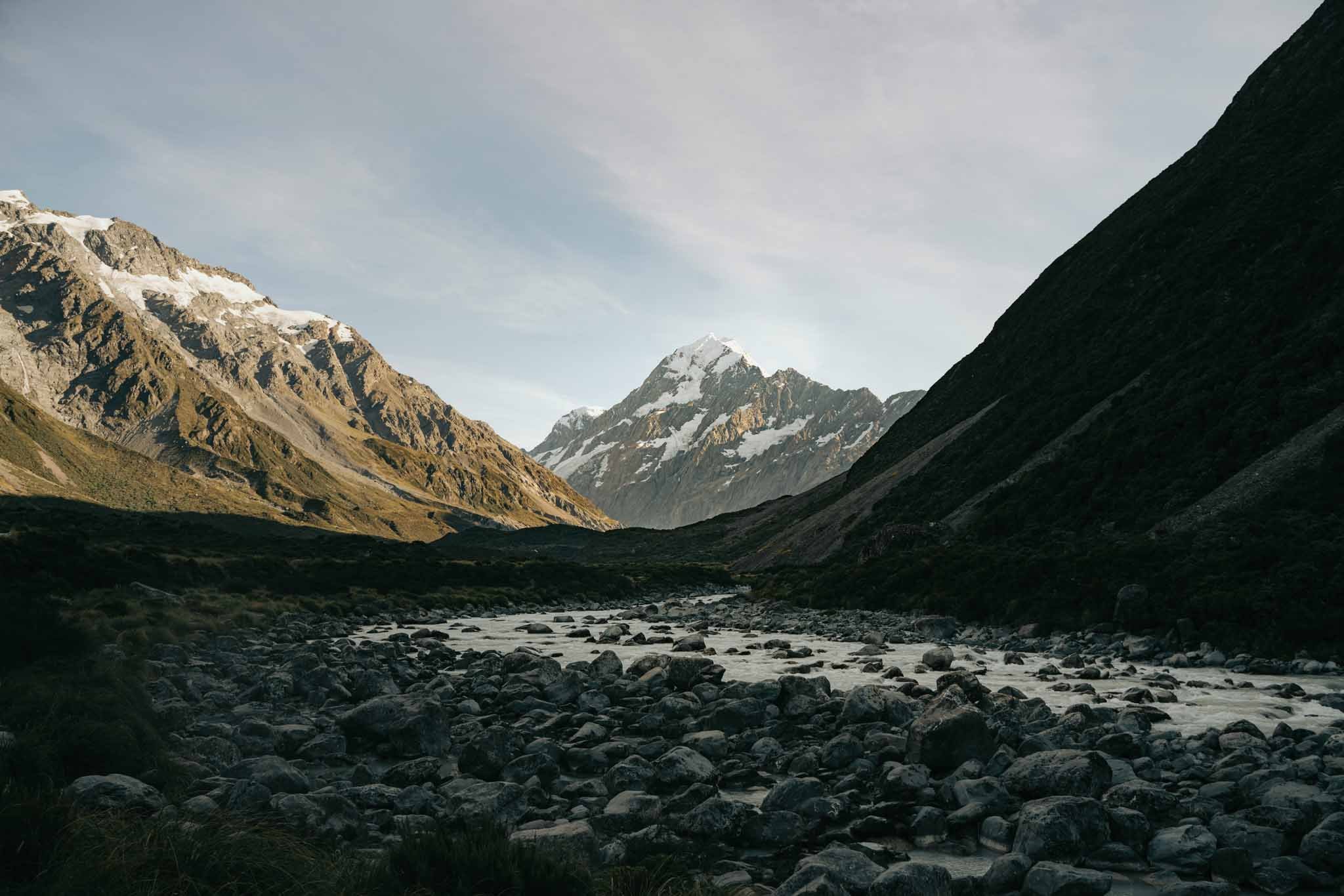
What to do in Aoraki/Mount Cook National Park, home to glaciers, grandeur & high mountain peaks
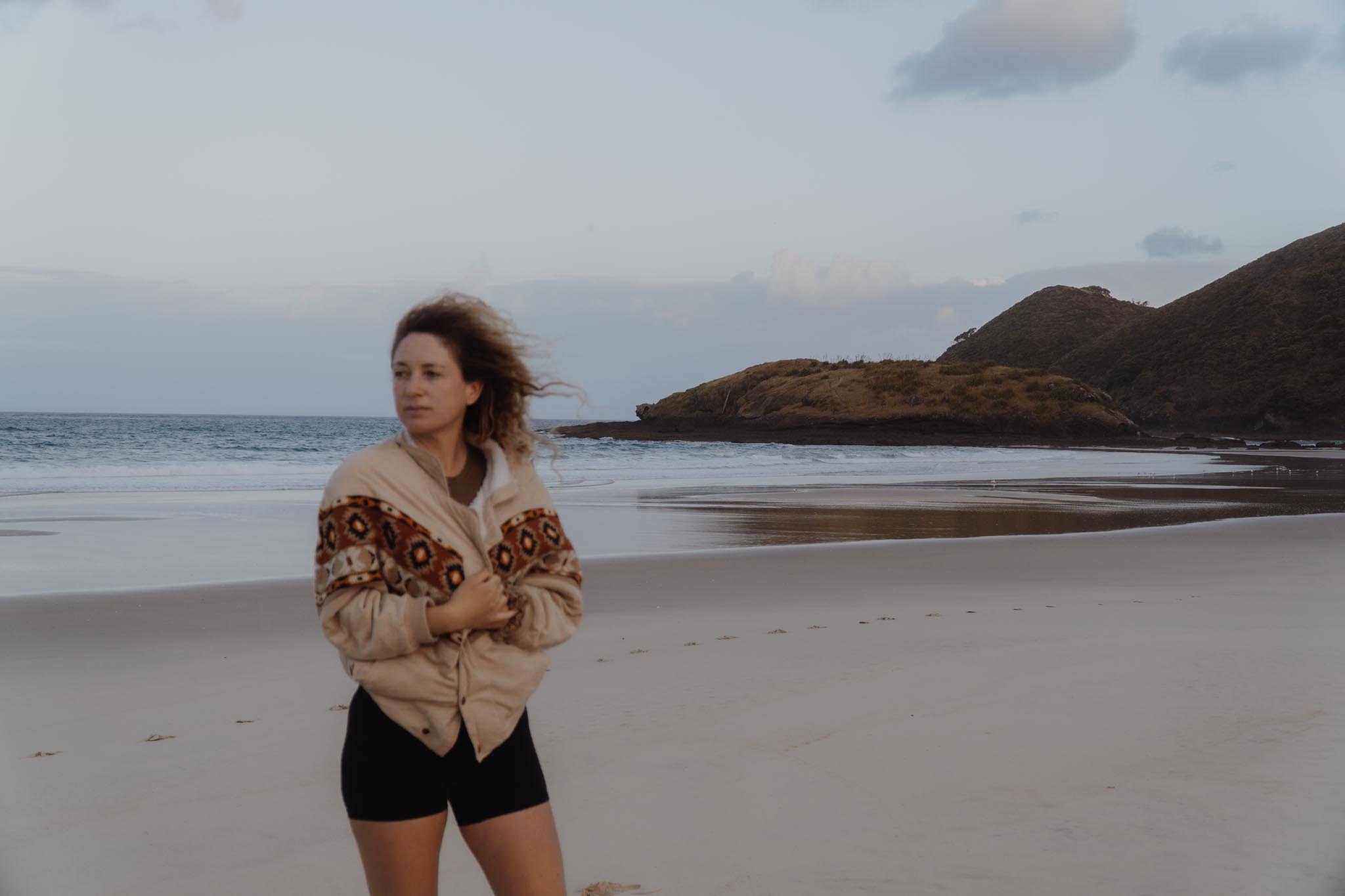
North vs South: Which New Zealand island should you visit?
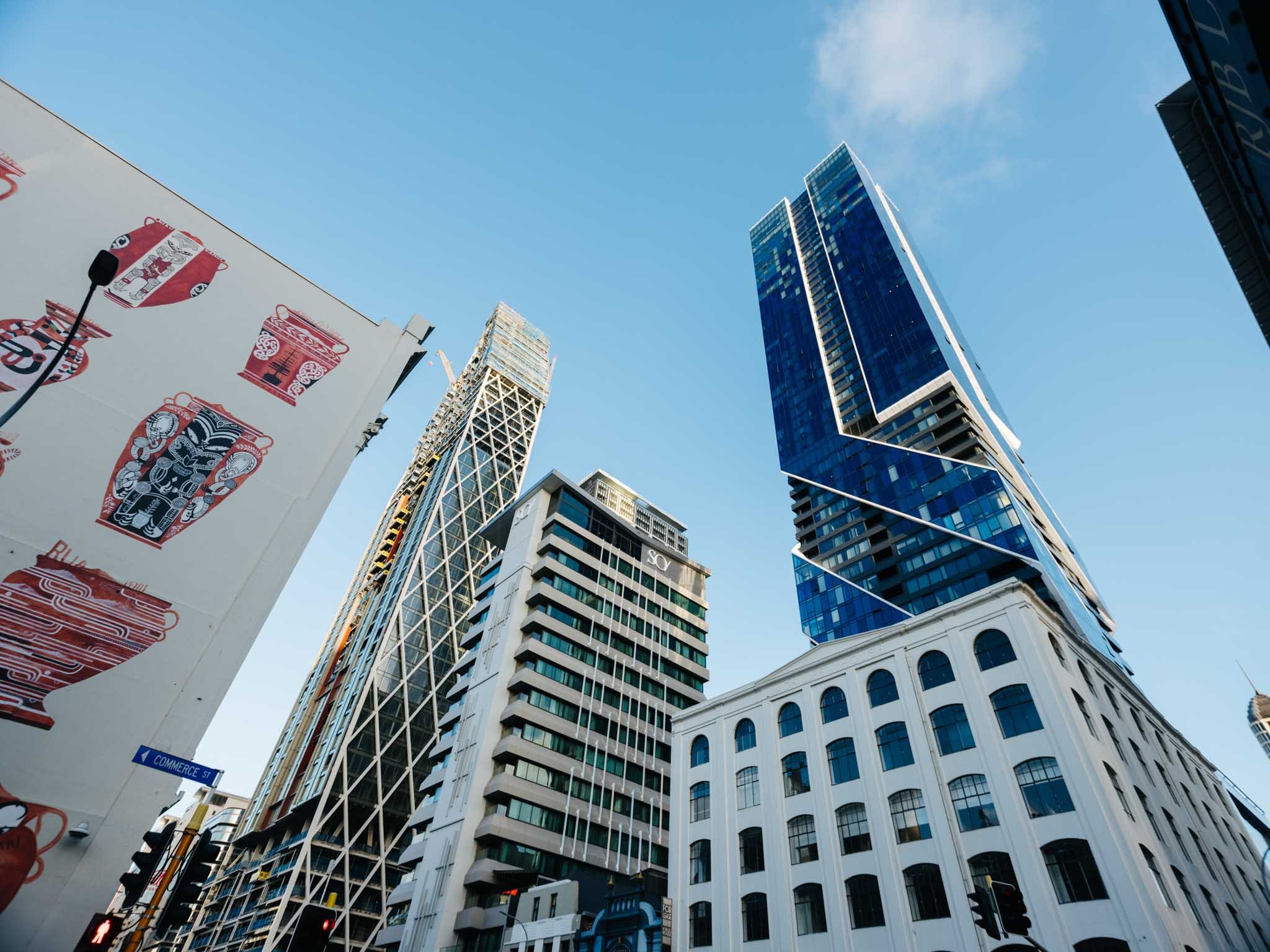
How to visit Auckland like a local: My favourite things to do in the city
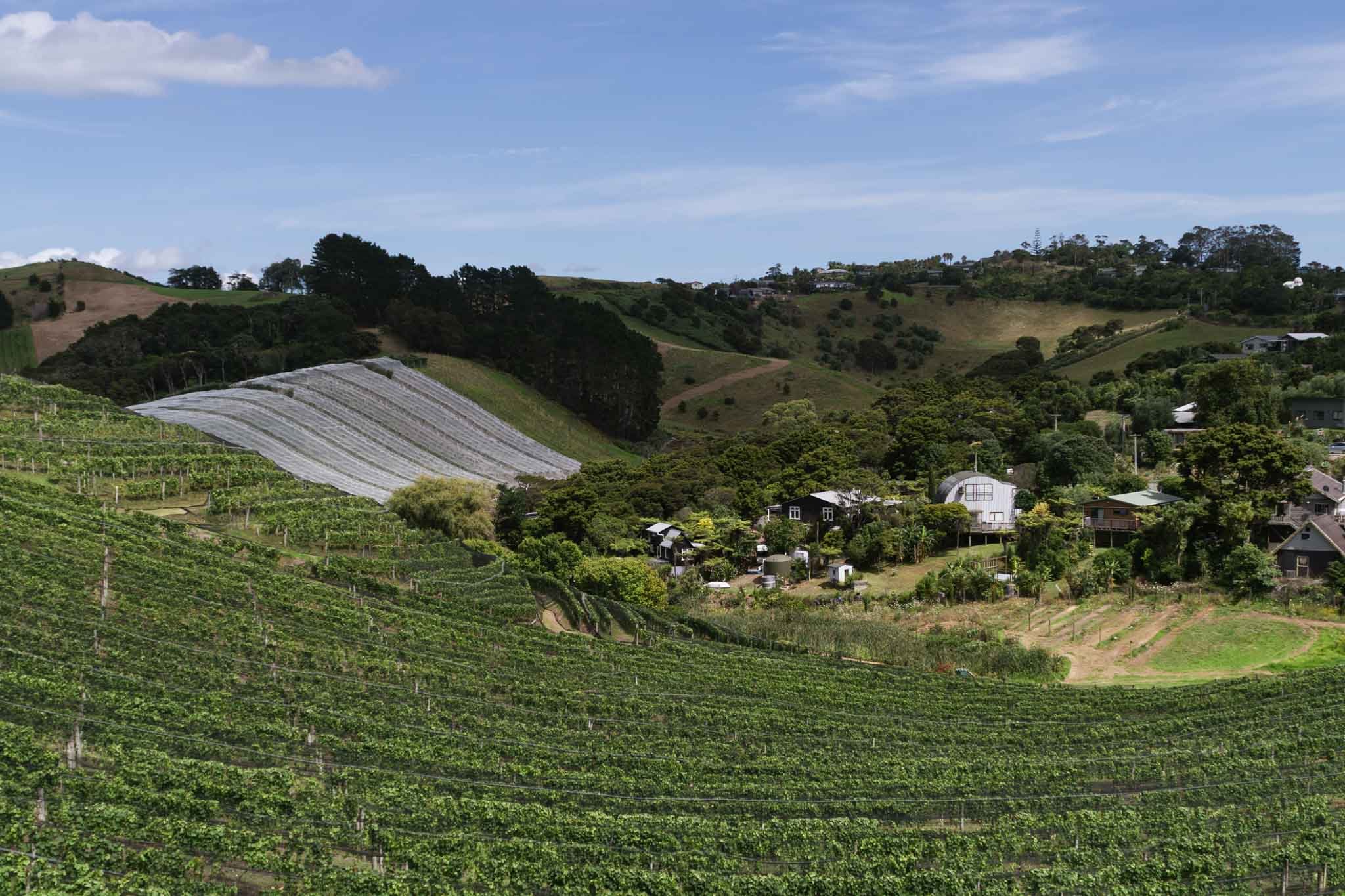
A completely unscientific list of the best Waiheke wineries to visit (by a non-expert wine drinker)
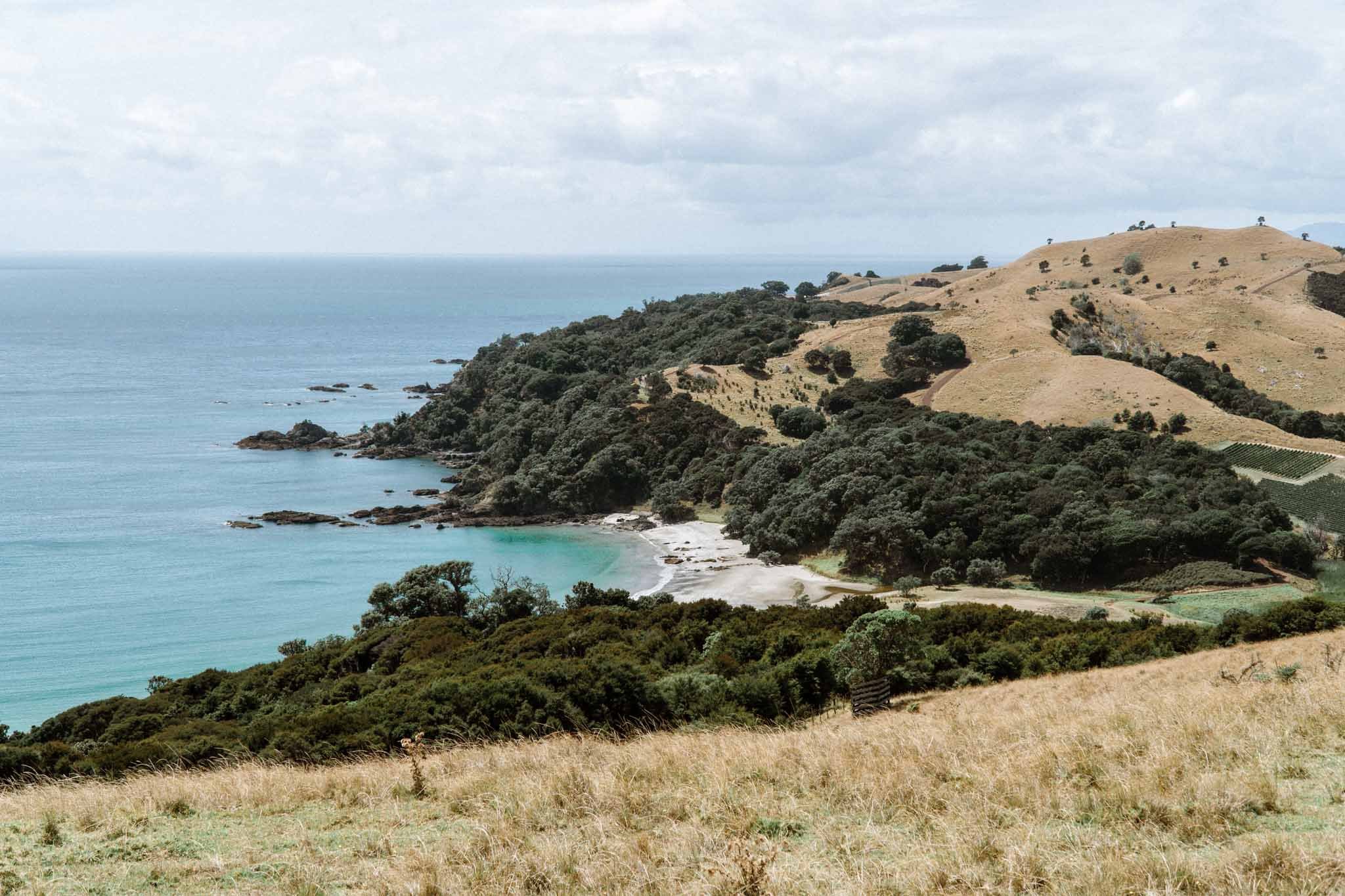
How to get around Waiheke Island
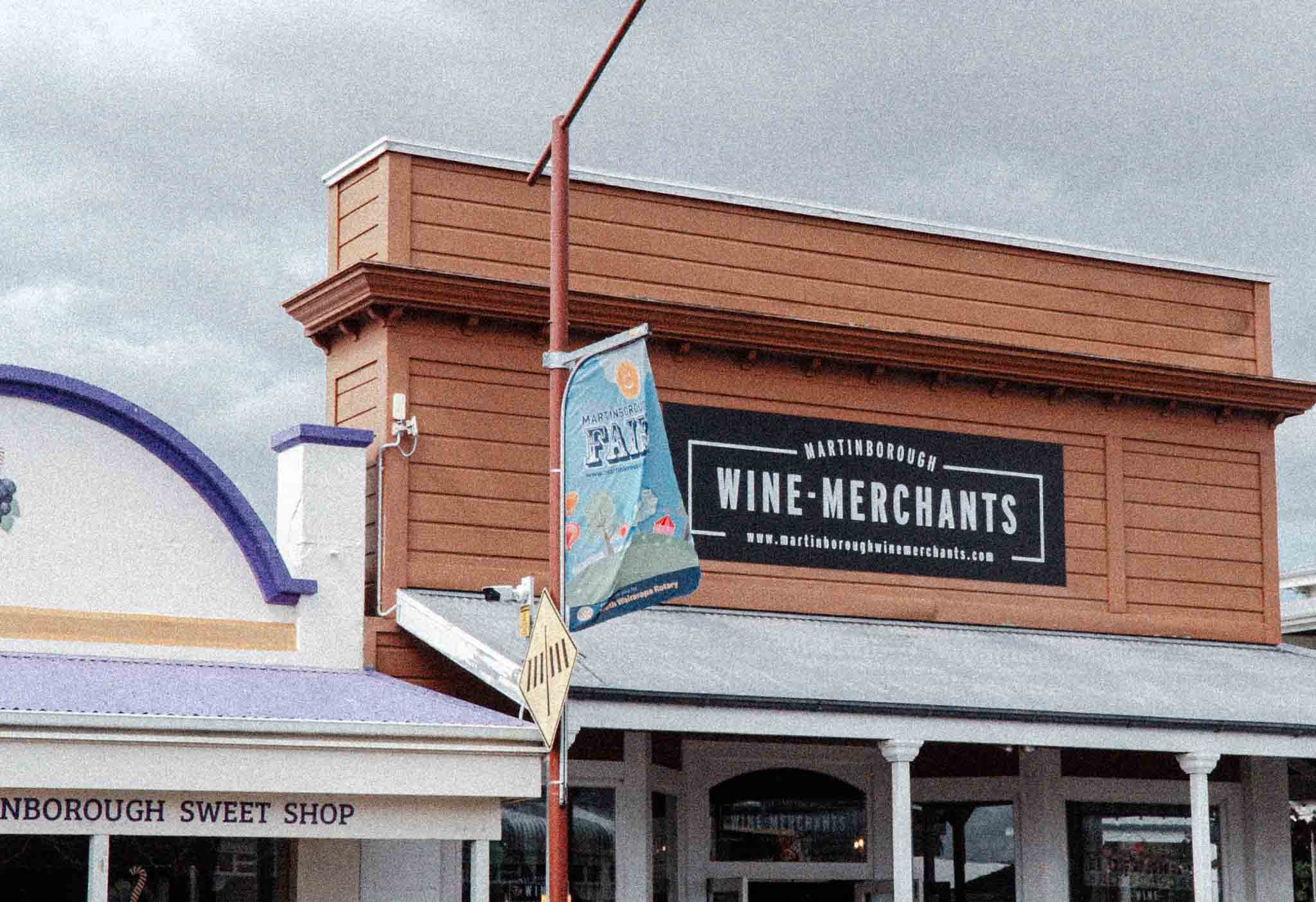
A road trip from Wellington to Cape Palliser: Where to go for wine, walks, and windswept coastlines
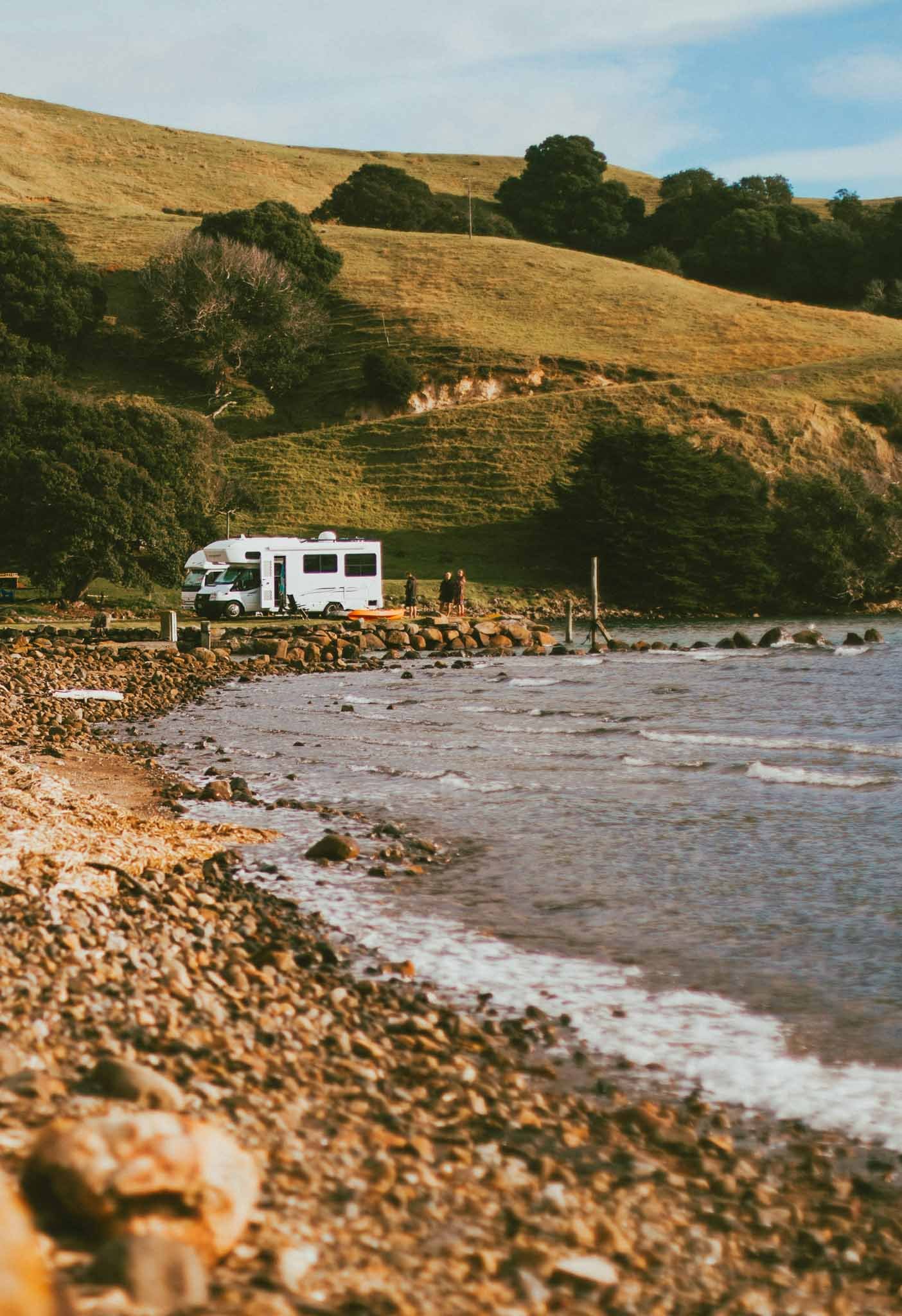
Where can you park your campervan in New Zealand?
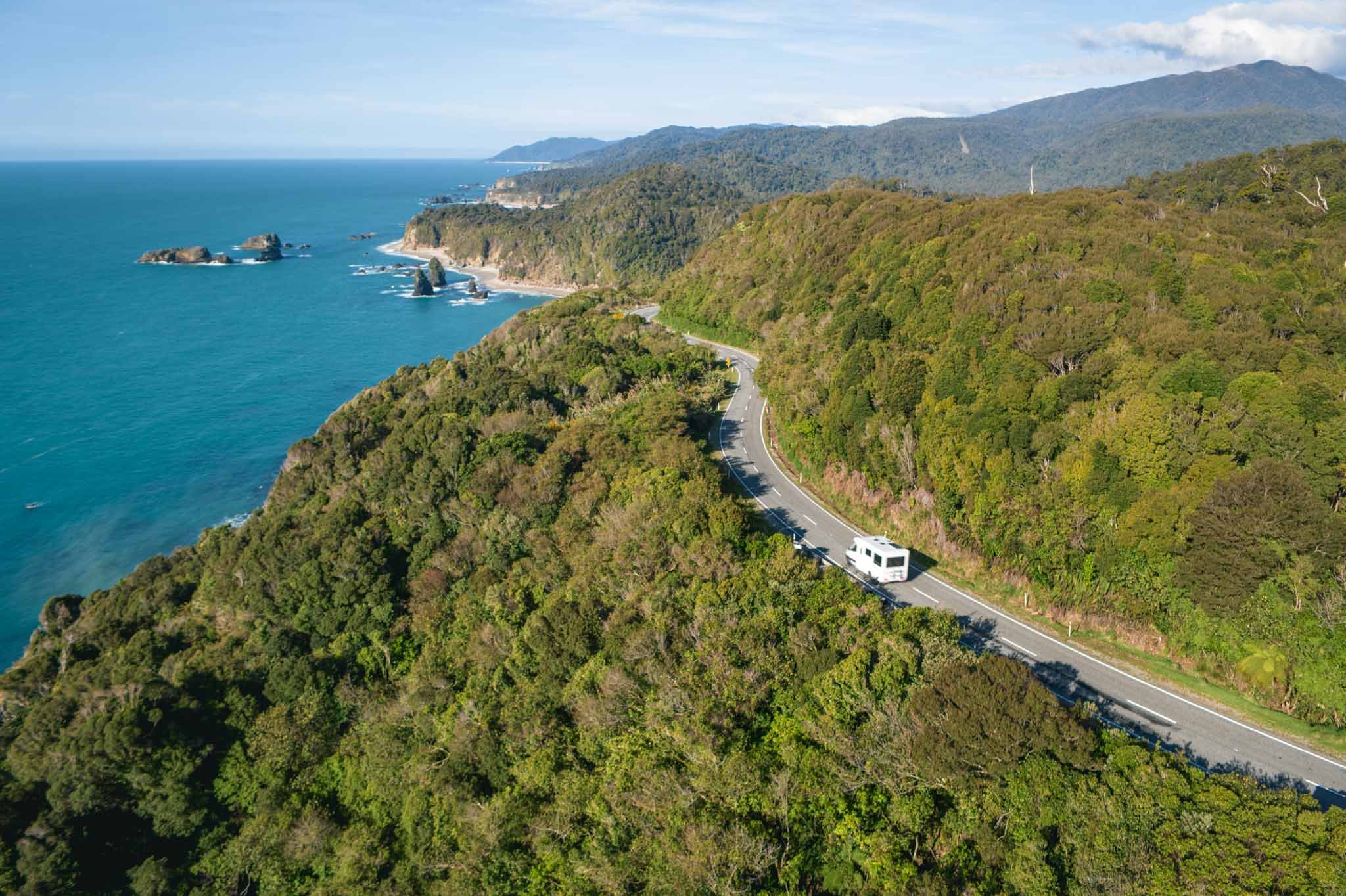
New Zealand by campervan: 1 week campervan itinerary ideas
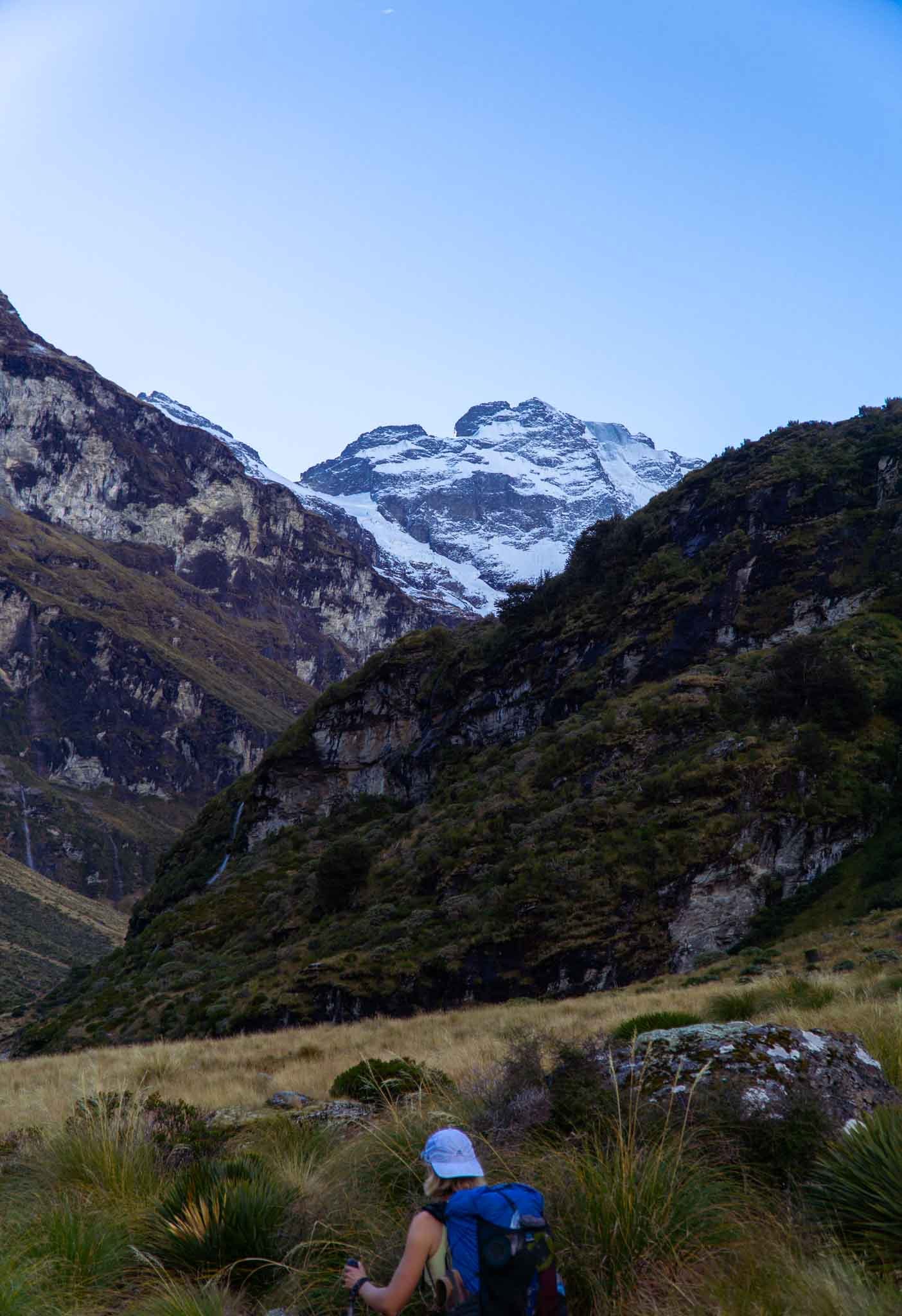
28 beautiful places to go + things to do in the South Island
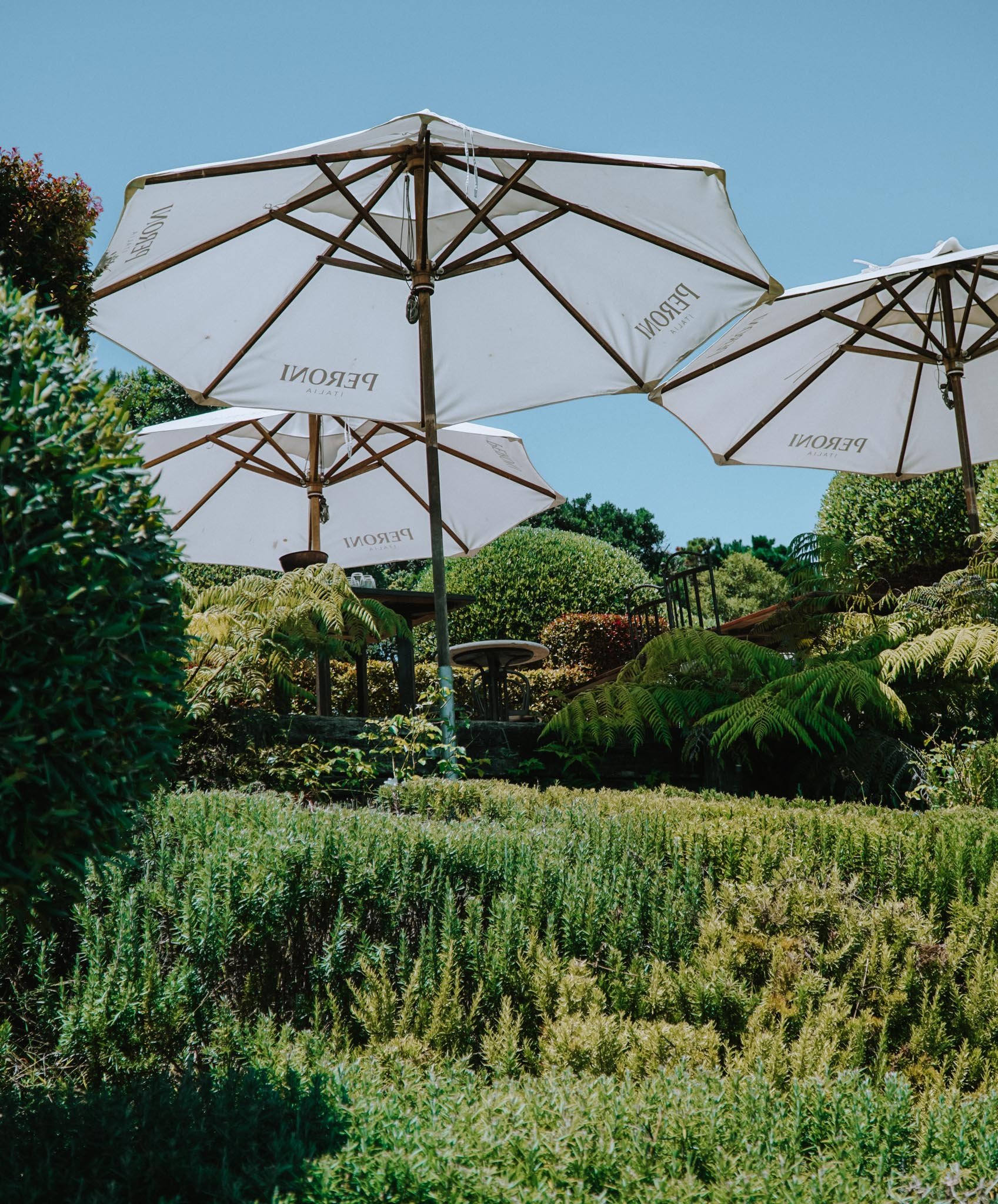
What to do on Waiheke Island: A guide for wine, beach & nature lovers
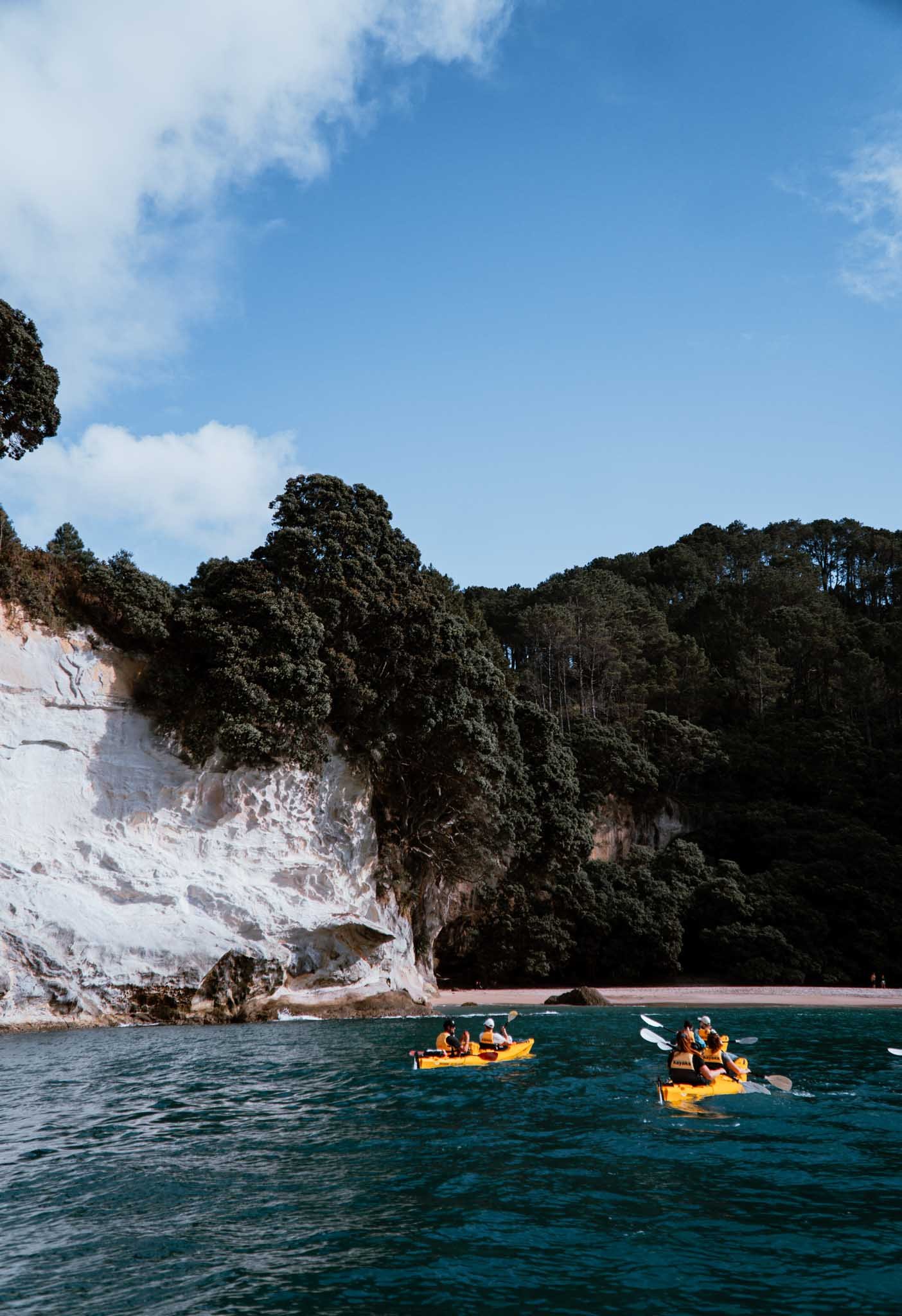
2 week North Island itinerary and travel guide
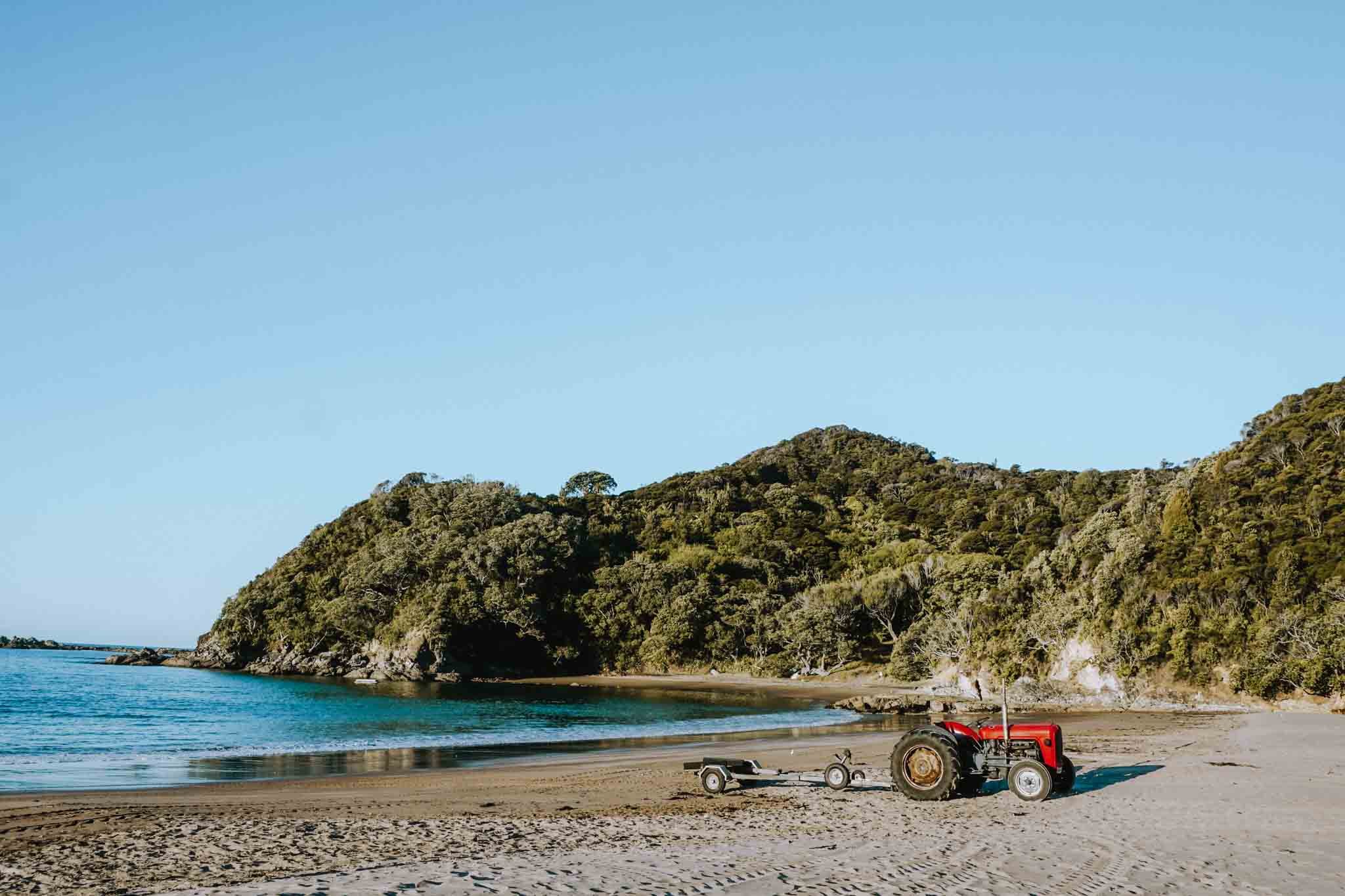
Exploring the Coromandel Peninsula in New Zealand: The best places to go and things to do
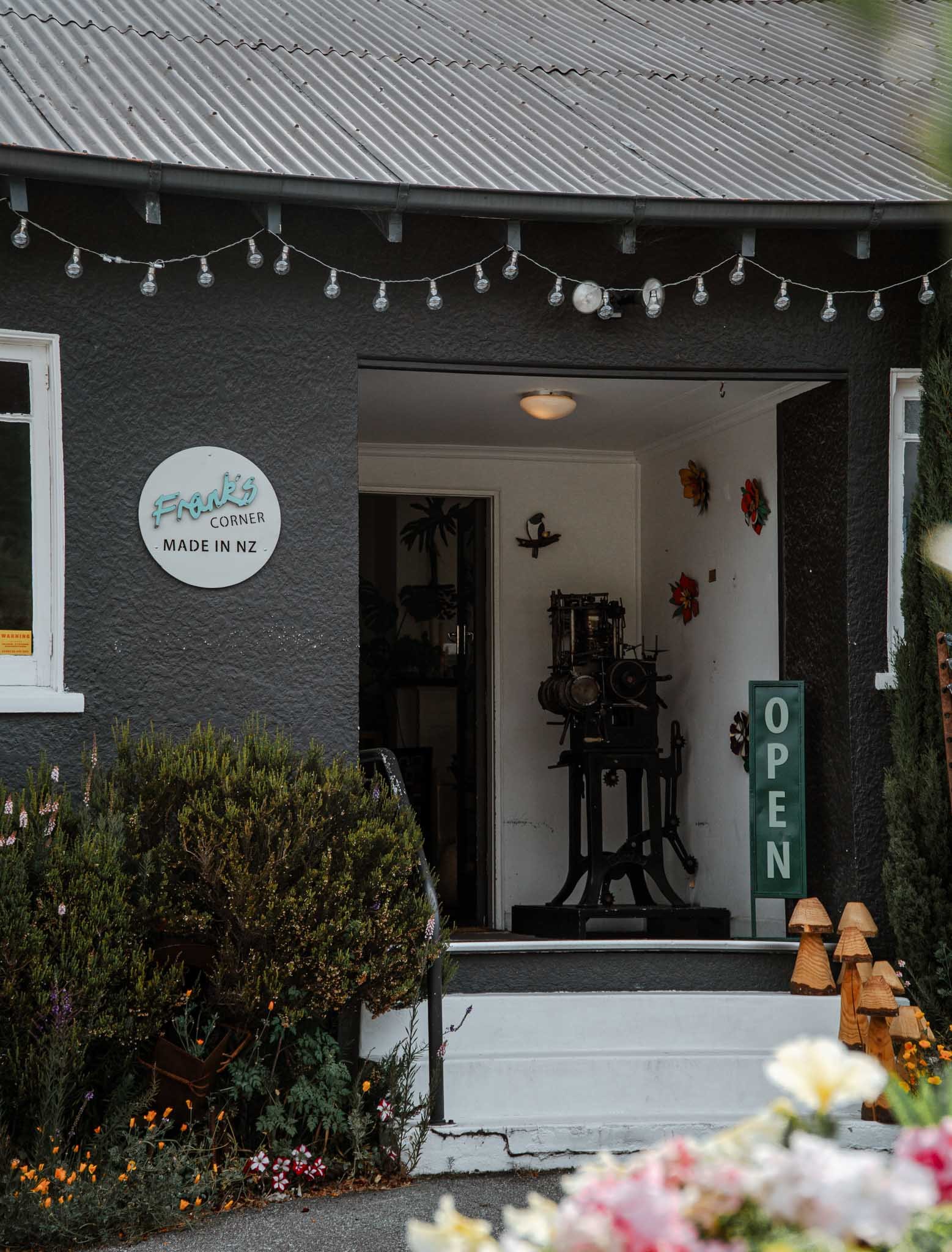
What should you buy in New Zealand? The best souvenirs to take home with you



